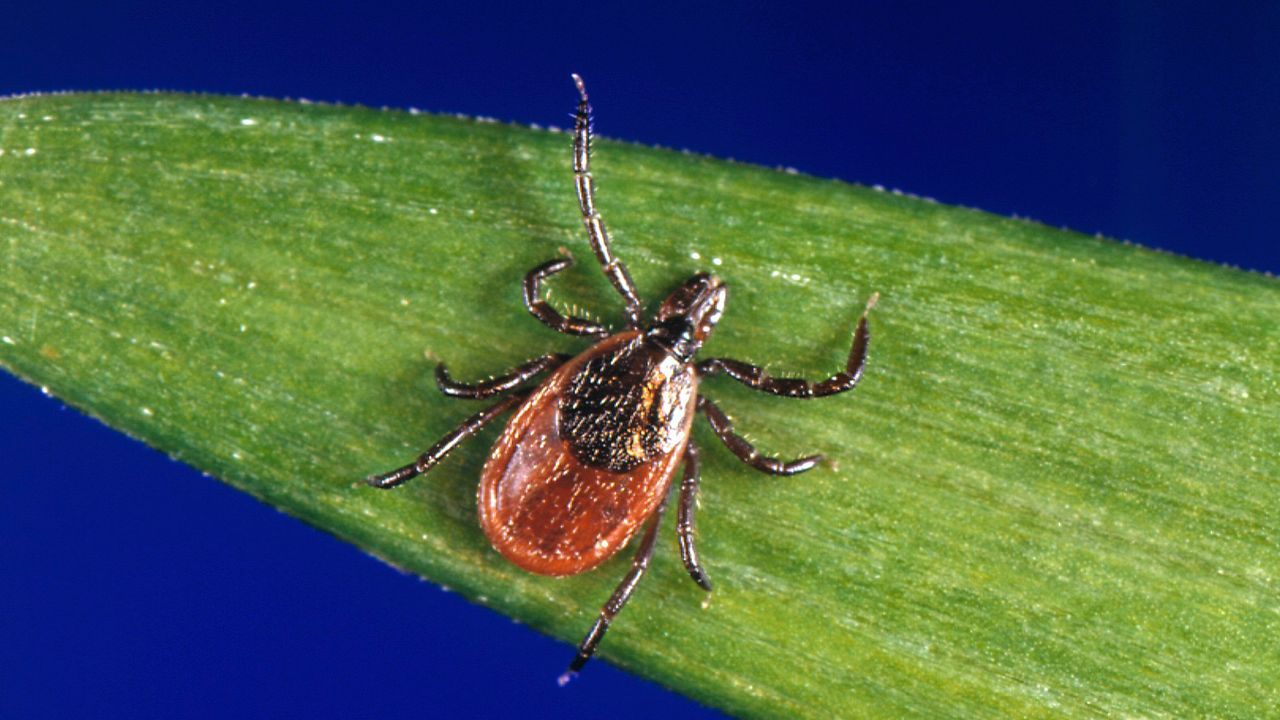OHIO — Even as temperatures drop, vector-borne diseases are staying rooted in the Buckeye State.
In a recent update on the diseases, spread by fleas, ticks and mosquitos, the Ohio Department of Health noted more cases of West Nile Virus, Lyme disease, anaplasmosis, babesiosis and Ehrlichiosis. The department monitors West Nile Virus, La Crosse and other travel associated diseases from mosquitos. ODH also tracks Lyme disease, anaplasmosis, babesiosis, Rocky Mountain spotted fever (RMSF) and Ehrlichiosis spread by ticks.
According to ODH, La Crosse cases remain at three cases in Wayne, Richland and Franklin counties belonging to two males and one female. The department noted a rise in West Nile Virus cases through a new case in Auglaize County. Previously, the department reported eight cases in Lorain, Cuyahoga, Ashtabula, Lucas, Henry, Hancock, Wyandot and Franklin counties.
There were also three asymptomatic, viremic blood donors with West Nile Virus; one avian case and three equine cases.
ODH reported another jump in Lyme disease, transmitted by ticks, from 800 human cases the previous week to 953. Of the cases, 435 belonged to females and 517 belonged to males in 67 counties. The top counties reporting the disease are Jefferson County with 72; Licking County reported 64; Tuscarawas reported 61; Columbiana reported 56 and Stark reported 45 cases.
According to the Centers for Disease Control and Prevention, common symptoms of tick bites to monitor include fever, rash, chills, aches and pains. In order to prevent the contraction of tick-related diseases, limit the exposure to areas where the insects are known to reside. EPA-registered insect repellent containing DEET or products containing 0.5% permethrin will also help prevent bites.
ODH said there were 13 anaplasmosis cases, three babesiosis cases, 13 RMSF cases and 17 Ehrlichiosis cases.
For more information on preventing tick bites, click here.



